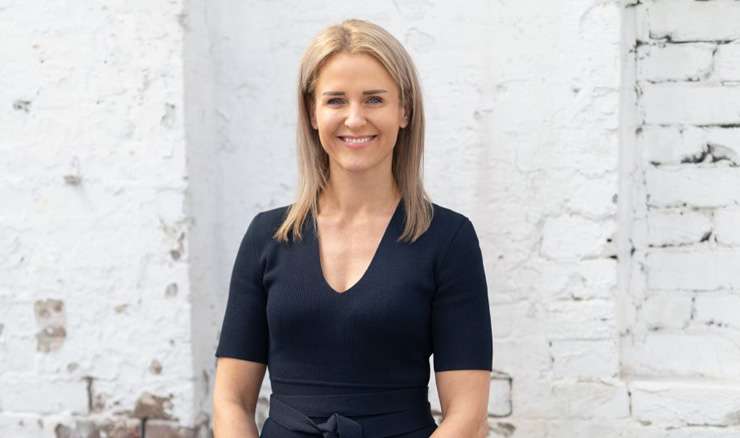An Australian housing expert says National’s pledge to overturn Labour’s foreign buyer ban could impact its own voters in wealthy suburbs like Auckland’s Remuera and Epsom.
National today announced it would allow foreigners to buy property worth more than $2 million. Foreign buyers would be liable to pay a 15% tax on their purchase, and the ban would remain in place for homes worth less than $2m.
National says the policy would raise on average $740m a year in tax revenue.
Ray White chief economist Nerida Conisbee says the $2m start point at which foreigners can buy would make the luxury end of the market more expensive and that New Zealanders wanting to buy big, beautiful family homes near good schools would likely face more competition.
Start your property search
OneRoof analysis shows the majority $2m-plus properties in New Zealand are in Auckland, although the local authority with the highest percentage of higher-priced properties is Queenstown-Lakes.
Conisbee says that $3m was considered entry level these days in Auckland’s Remuera, much of which is in the city’s prized double grammar zone, which gives residents access to some of the country’s best schools.
Read more:
- Plaster mansion uni offloaded at a massive discount sells three years later for $3.1m
- National vows to bring back tax breaks for property investors
- 'Leonardo DiCaprio's superyacht parked outside our house'
“I think it will be quite challenging for upgraders to get into. If you do see a lot of Asian buyers coming in, those will be the suburbs they tend to focus on,” she says.
Conisbee thinks there will definitely be an influx of foreign buyers because New Zealand is seen as a safe country and an economically prosperous one, as well as providing a good education.
She also thinks the policy misses the boat a bit by not following Australia’s policy of restricting foreign buyers to only buying new properties, most of which are rented out, increasing Australia’s rental supply.
“Countries need to use foreign money to their advantage so they [National] are using it to raise taxes so that’s good – it’s good to get more money for New Zealanders and it’s one way to do it,” Conisbee says.
“But I don’t like too many foreign buyers buying existing properties because they often just leave them vacant, and a vacant property is not particularly a productive property. It doesn’t increase tourism necessarily and it doesn’t increase construction by building new projects.”
Neither does letting foreign buyers buy existing properties lead to an increase in rental stock because people buying a luxury home in New Zealand are probably less likely to buy it as an investment but more as a holiday home, she says.

Ray White economist Nerida Conisbee: “Countries need to use foreign money to their advantage.” Photo / Supplied
“It would have been a good opportunity to get a lot of affordable rentals into New Zealand.”
Conisbee concedes Australia also has a rental shortage but says in the last decade there was a surge of money coming out of China, which created an “incredible” level of new rental supply.
While the Chinese Government has since made it harder for money to be taken out of the country, Conisbee still thinks there will be an increase in activity in New Zealand under National’s policy.
One reason is while Australians and New Zealanders tend to buy investment properties in their own countries, people from China invest globally, she says.
“In Asia they do look very broad in terms of where they look to buy so it’s quite a different approach to investing compared to what we do.”
Conisbee was positive about other parts of National’s announcement, such as reinstating interest deductibility for landlords and rolling the bright-line test back from 10 years to two years, saying investors are needed because they create more rental properties.
“If you have more rental properties, it does make it more affordable.”


















































































